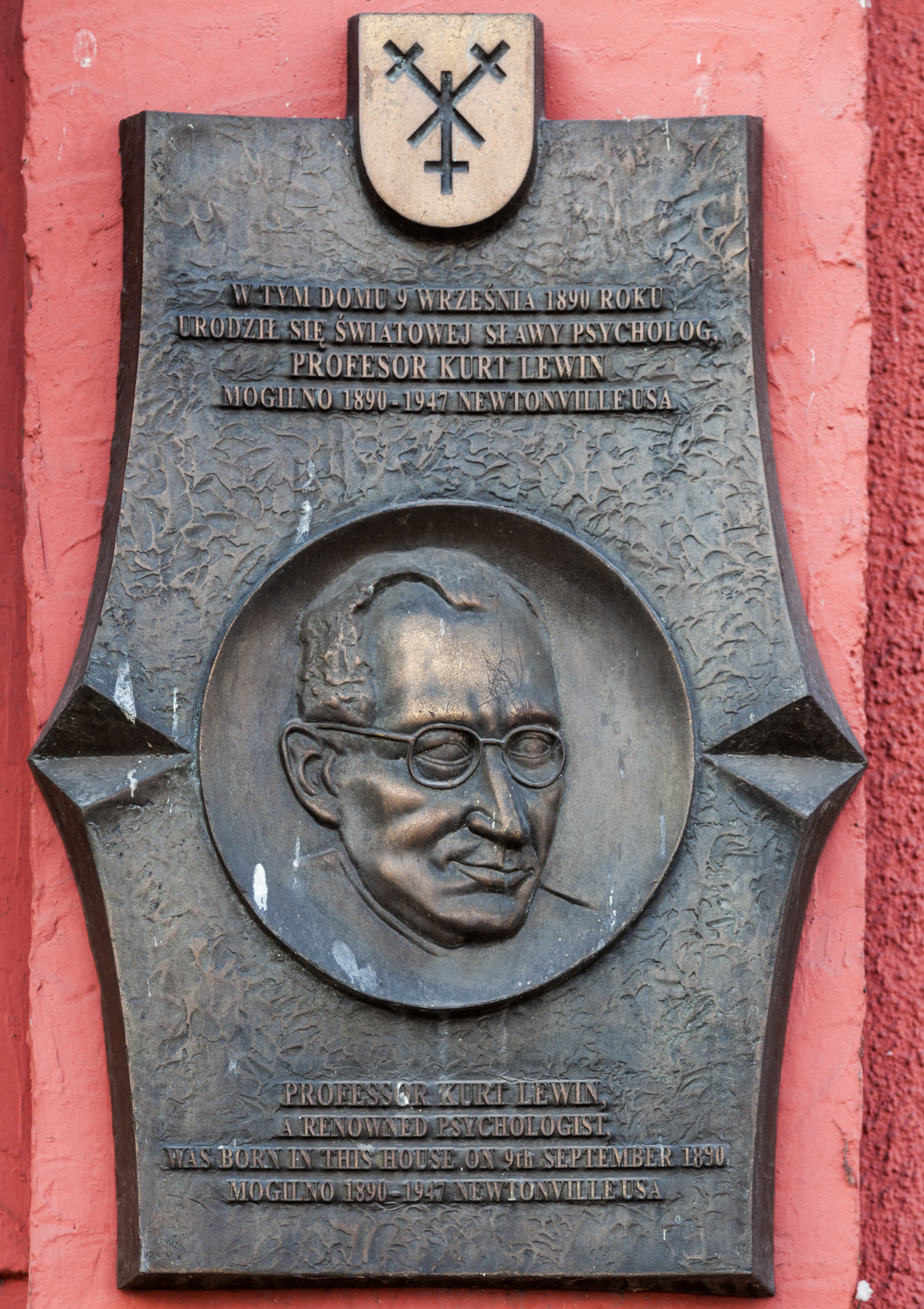Kurt Lewin citáty a výroky
Kurt Lewin: Citáty v angličtine
Zdroj: 1930s, A Dynamic Theory of Personality, 1935, p. 122.
Zdroj: 1930s, Principles of topological psychology, 1936, p. 11.
Zdroj: 1940s, Frontiers in group dynamics II, 1947, p. 153.
“If you want truly to understand something, try to change it.”
Attributed to Kurt Lewin in: Charles W. Tolman (1996) Problems of Theoretical Psychology - ISTP 1995. p. 31.
Zdroj: 1940s, Action research and minority problems, 1946, p. 37.
Zdroj: 1940s, Quasi-Stationary Social Equilibria and the Problem of Permanent Change, 1947, p. 40.
Zdroj: 1930s, Principles of topological psychology, 1936, p. viii.
Zdroj: 1930s, Principles of topological psychology, 1936, p. 4; partly cited in: Chris Argyris (1952) An introduction to field theory and interaction theory.
Zdroj: 1930s, A Dynamic Theory of Personality, 1935, p. 41; partly cited in: Kay Deaux, Mark Snyder (2012) The Oxford Handbook of Personality and Social Psychology. p. 74
Zdroj: 1940s, Quasi-Stationary Social Equilibria and the Problem of Permanent Change, 1947, p. 39.
Zdroj: 1930s, Principles of topological psychology, 1936, p. 11.
Kurt Lewin (1927, p. 305) as cited in: K. Mulligan & B. Smith (1988) " Mach and Ehrenfels: Foundations of Gestalt Theory http://ontology.buffalo.edu/smith/articles/mach/mach.pdf". p. 149.
1920s
Zdroj: 1930s, Principles of topological psychology, 1936, p. vii.
Zdroj: 1940s, Frontiers in group dynamics II, 1947, p. 145.
Kurt Lewin (1946) "Behavior and development as a function of the total situation". In K. Lewin (Ed.) Field theory in social science (pp. 238-305). New York: Harper & Row. p. 240 as cited in: John F. Kihlstrom (2013) " The Person-Situation Interaction" http://ist-socrates.berkeley.edu/~kihlstrm/PxSInteraction.htm
1940s
Zdroj: 1940s, Action research and minority problems, 1946, p. 35.
Zdroj: 1930s, The conflict between Aristotelian and Galileian modes of thought in contemporary psychology, 1931, p. 147.
Zdroj: 1930s, Principles of topological psychology, 1936, p. 12-13.
P.E
Zdroj: 1930s, Principles of topological psychology, 1936, p. 216 as cited in: David Boje, Bernard Burnes, John Hassard (2012) The Routledge Companion to Organizational Change. p. 34.
Kurt Lewin (1927). "Gesetz und experiment in der Psychologie" [Law and experiment in psychology]. in: Symposion, Vol 1, p. 375-421. Translated by and cited in: Kurt Kreppner " On the Generation of Data in the Study of Social Interaction1 http://www.scielo.br/pdf/ptp/v17n2/7871.pdf" in: Psicologia: Teoria e Pesquisa Vol 17, nr. 2, p. 109.
1920s
“A business man once stated that there is nothing so practical as a good theory.”
Lewin (1943, 118), as cited in Karl E. Weick, "Theory and practice in the real world." in: The Oxford Handbook of Organization Theory, Tsoukas et al. (eds.), Oxford University Press, 2003, p. 460; Also in Lewin, K. (1951). Field theory in social science: Selected theoretical papers (D. Cartwright, Ed.). New York, NY: Harper & Row
1940s
Kurt Lewin (1928) "Die Bedeutung der “psychischen Sättigung” für einige Probleme der Psychotechnik" [Significance of “mental satiation” for some problems of psychotechnics]. in: Psychotechnisches Zeitschrift, Vol 3, p. 186. as cited in: E. Demerouti et all. (2002) " From mental strain to burnout http://www.beanmanaged.com/doc/pdf/arnoldbakker/articles/articles_arnold_bakker_79.pdf"
1920s
Zdroj: 1930s, A Dynamic Theory of Personality, 1935, p. 123.
Zdroj: 1930s, Principles of topological psychology, 1936, p. 19.
“[Conflict can be defined] as the opposition of approximately equally strong field forces.”
Zdroj: 1930s, The conflict between Aristotelian and Galileian modes of thought in contemporary psychology, 1931, p. 109 as cited in: Man Cheung Chung, Michael E. Hyland (2012) History and Philosophy of Psychology. p. 107.
Zdroj: 1930s, Principles of topological psychology, 1936, p. viii.
Zdroj: 1930s, A Dynamic Theory of Personality, 1935, p. 24.
Zdroj: 1930s, Principles of topological psychology, 1936, p. 12.
Zdroj: 1940s, Action research and minority problems, 1946, p. 36.
Zdroj: 1930s, The conflict between Aristotelian and Galileian modes of thought in contemporary psychology, 1931, p. 165.
